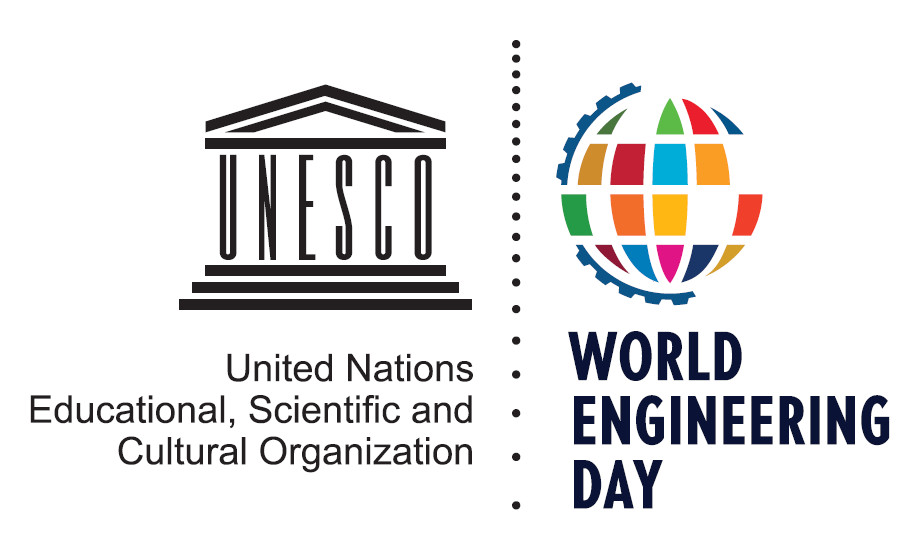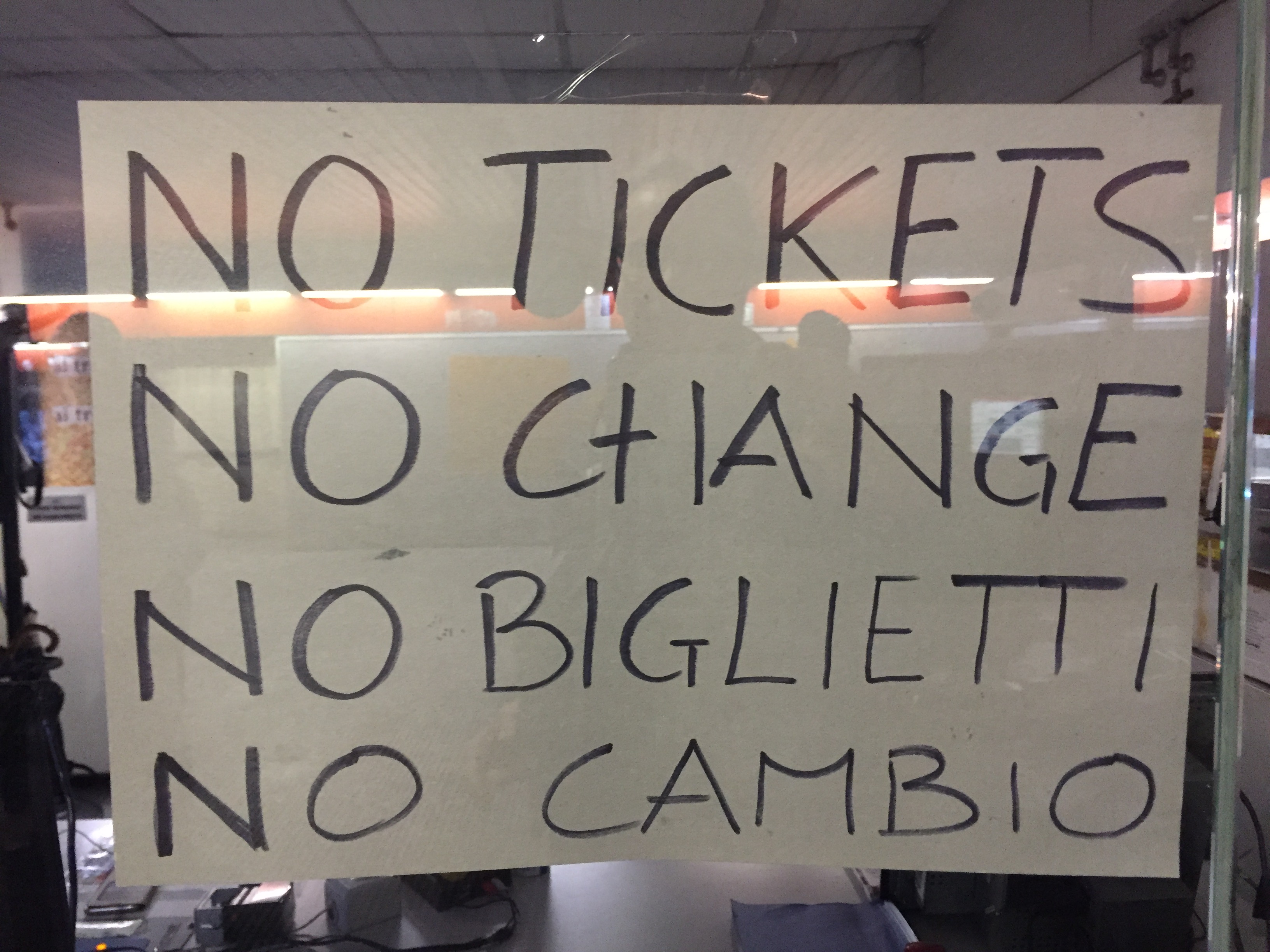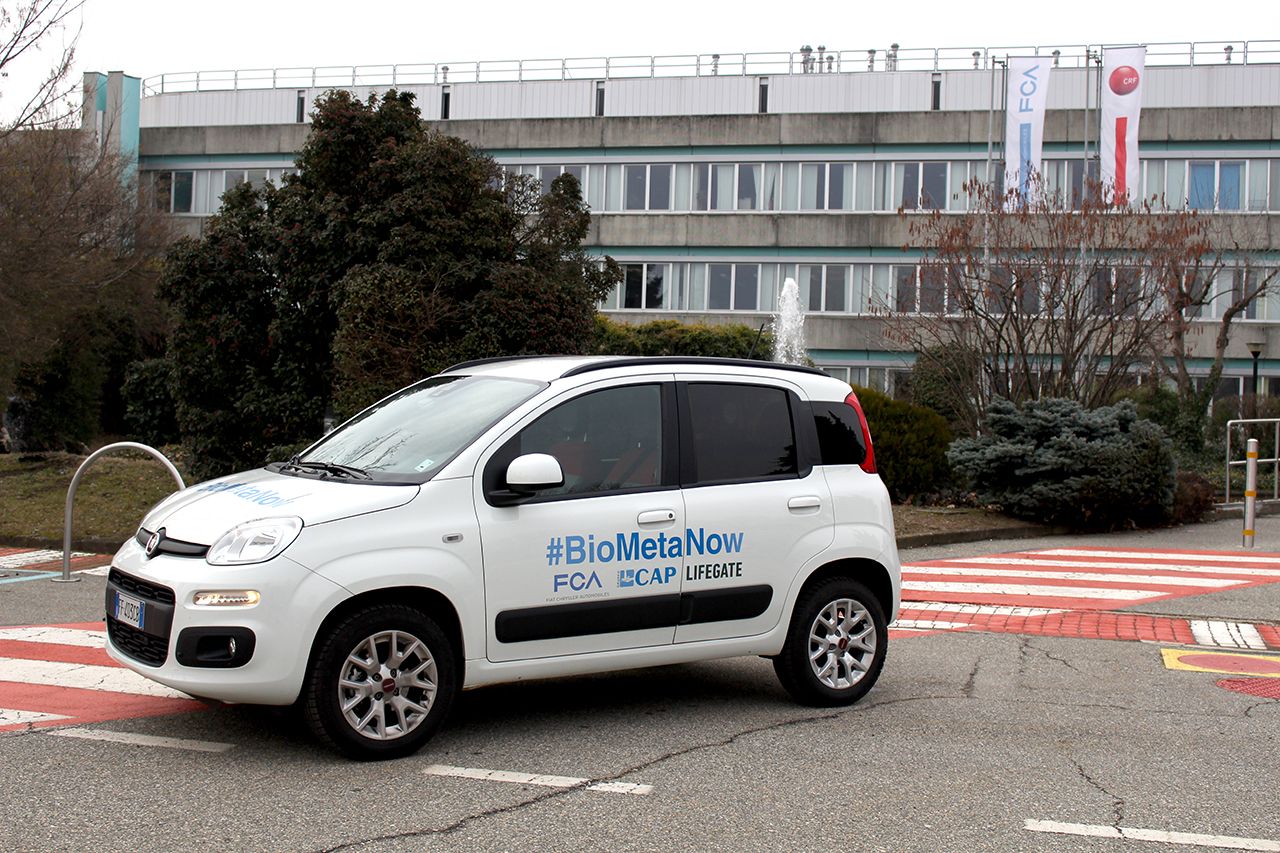La giornata internazionale è stata proclamata a partire da quest’anno dall’Unesco.
Si tratta di una celebrazione annuale che ogni 4 marzo dovrà evidenziare e sottolineare l’importanza e mettere in risalto le conquiste degli ingegneri e dell’ingegneria nel nostro mondo attuale.
Un modo per stimolare e migliorare la comprensione pubblica di quanto siano centrali l’ingegneria e la tecnologia nella vita moderna e per il raggiungimento di uno sviluppo finalmente e realmente sostenibile.

Il logo della giornata mondiale dell’ingegneria contiene i 17 colori degli obiettivi di sviluppo sostenibile delle Nazioni Unite.
Il logo stesso rappresenta così un impegno al raggiungimento degli obiettivi dell’agenda 2030 dell’Onu.
Clicca qui e leggi l’articolo Obiettivi di Sviluppo Sostenibile 2030, chi ne parla in Italia?
I colori al centro dell’immagine sono quelli corrispondenti nella tabella delle Nazioni Unite agli obiettivi relativi all’acqua, all’energia, alle infrastrutture sostenibili e all’innovazione.
Queste sono le aree nelle quali gli ingegneri sono necessari e maggiormente attivi.
Anche il colore relativo all’obiettivo dell’educazione all’ingegneria è centrale, perchè il mondo ha bisogno di più ingegneri formati con le giuste conoscenze e competenze per il raggiungimento dello sviluppo sostenibile.

Discorso di Marlene Kanga, presidente della Federazione Mondiale delle organizzazioni degli ingegneri
Did you know that until recently, “engineering day” differed all over the world? Engineers in Bangladesh were honoured on 7 May, Mexican engineers were feted on 1 July, and here in Australia we got a week in August.
But there’s never been a global day to celebrate engineers and engineering – until now. Starting from 2020, 4 March every year will be World Engineering Day for Sustainable Development.
That first stage of this historic decision was made on 17 April 2019, when the UNESCO Executive Board recommended the UNESCO General Conference proclaim the Day when it meets in November 2019.
As President of the World Federation of Engineering Organisations (WFEO), I led the proposal for the Day. I had never done anything like this before and didn’t know at the outset whether our dream would be achieved. It’s been a remarkable journey with many twists and turns.
Engineers are often not very good at articulating the value of what we do for society. That’s a problem, because engineering is critical to achieving the UN Sustainable Development Goals. We have a big role in ensuring that everyone has access to clean water, sanitation, reliable energy and other basic human needs.

There’s also a great deal to be done in developed countries. As we all face the impacts of climate change, environmental crises, our growing cities and the challenges posed by new technologies like artificial intelligence, we’re going to need more engineers. So how do we engage with young people – especially girls – and say: “if you want to make change for a better world, become an engineer”?
A globally celebrated day is a wonderful opportunity to talk about these issues and raise community consciousness about our work. The Federation decided to pursue UNESCO recognition for engineers in 2018, as part of our 50th anniversary celebrations.
Il 4 marzo è il giorno di fondazione della federazione mondiale
The Day we chose was 4 March – the day our federation was founded.
Making the Day a reality was like moving a mountain. It was a process of learning fast and engaging with many nations and cultures in a short space of time. Things really came together in the last three months of the process.
After extraordinary work from all involved, we received some 80 letters of support from peak international and national institutions, academies and national commissions to UNESCO. These organisations represent about 23 million engineers around the world.
I am very pleased to say that our supporters included the Office of the Chief Scientist, the Australian Academy for Technology and Engineering, the Chinese Academy of Engineering and the Royal Academy of Engineering, UK.
Cina e Namibia hanno guidato la risoluzione
One by one, UNESCO member states backed our resolution. I’m especially grateful to Namibia and China, who agreed to lead the proposal.
Eventually, we got support from every continent. We now have the backing of more than 40 nations, including:
Namibia, China, Tanzania, Mozambique, Gambia, Equatorial Guinea, Zimbabwe, Palestine, Egypt, Tunisia, Uruguay, Senegal, Liberia, Nigeria, Turkey, Madagascar, Dominican Republic, Guatemala, Mali, Iraq, Gabon, Cote d’Ivoire, Ethiopia, Serbia, Saudi Arabia, Pakistan, Russia, Poland, Kenya, Iran, Nicaragua, Oman, Bangladesh, France, Comoros Islands, Liberia, Jordan, Philippines, UK and others.
Non c’è ancora l’Italia tra gli stati che riconoscono la giornata internazionale dell’ingegneria
In April, the motion passed: 4 March will be World Engineering Day for Sustainable Development every year from now on! An international day with co-ordinated celebrations across the world will, we anticipate, help inspire thousands of young people to become engineers.vernment’s 2018 Year of Engineering and continue to raise awareness of the contribution of engineers and engineering to our society.
This is an opportunity to speak to government, industry and community about the importance of engineering to sustainable development. It’s a platform on which to build the strategies, capacity and best practices we need to meet global problems with engineering solutions.
We intend to use social media and traditional media to promote the Day. We’re also asking institutions to register their own events through a dedicated web site to build the momentum for celebrations. We expect this to grow become more important each year and as each nation makes the Day their own.
This is a huge achievement for the profession and for the World Federation of Engineering Organisations. I am proud and grateful to have been able to lead and facilitate the initiative.
Il 4 marzo è la giornata mondiale dell’ingegneria
So remember to put 4 March 2020 in your calendar – and, in advance, happy World Engineering Day!






